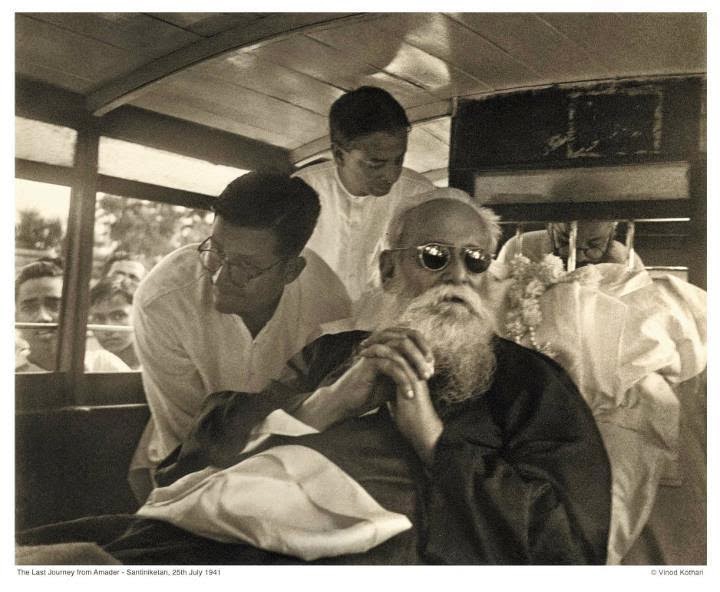Coming of The Global Hindu
India, after sixty years of committed secularism, has turned a corner. The founding assumptions of India was that in order to survive, it must become a secular country. Indeed, such thinking was shaped by the then recent battles with two-nation theory, which the Indian nationalists lost and the country was divided, and the persistent British argument that India couldn't be a viable country because of its diversity. It was all but natural to make diversity a central theme of the constitution that was drafted - it was avowedly secular and non-sectarian and allowed the Indian states to retain many powers - and the subsequent efforts of the nation's leaders were to commit to an 'idea of India' free of any religious or cultural definition. We are now entering the second stage of the process, when the partition, and all the doubts about viability of India, are distant memories. A new confidence has now replaced the insecurities and doubts that shaped the responses o...
